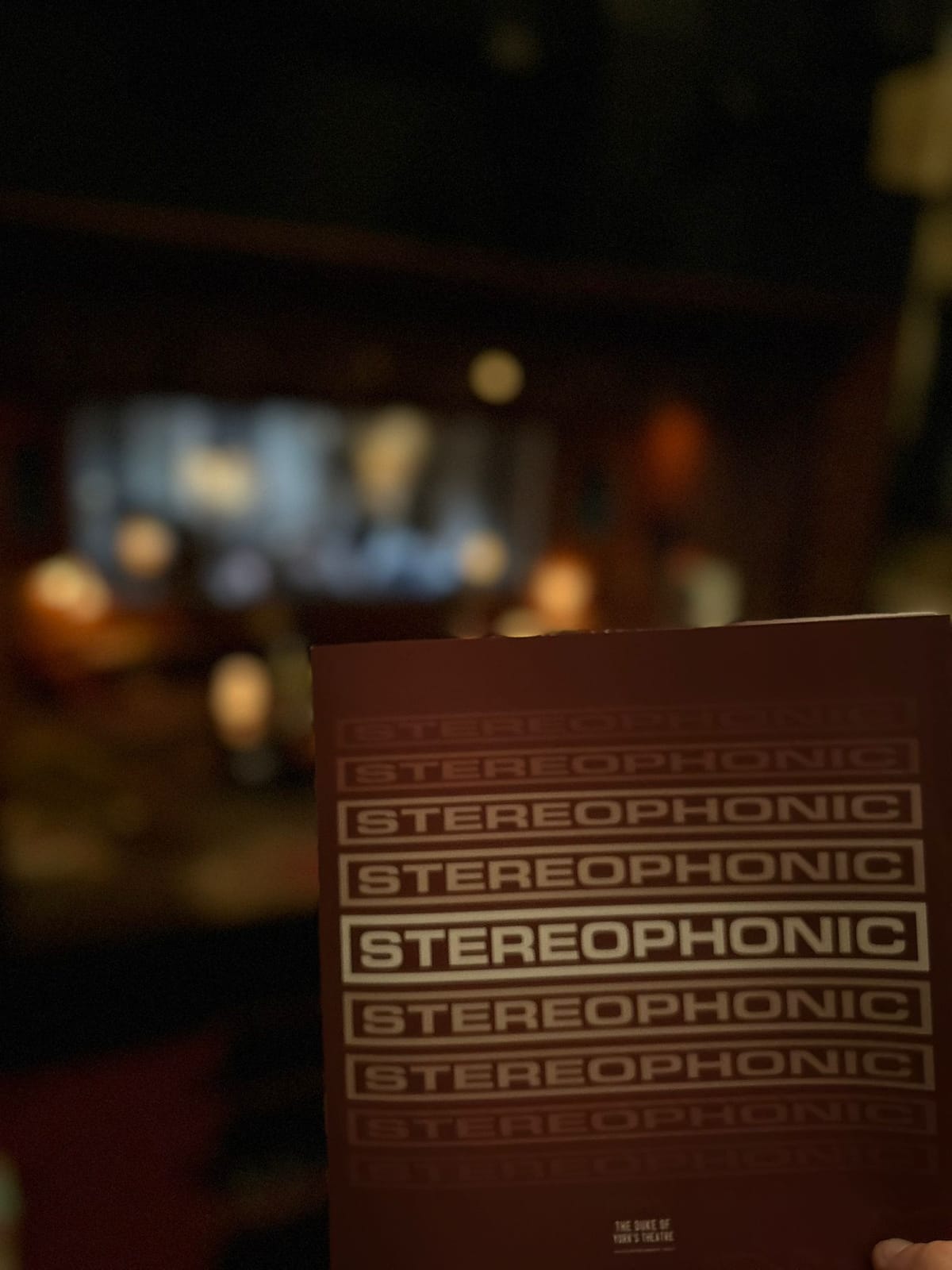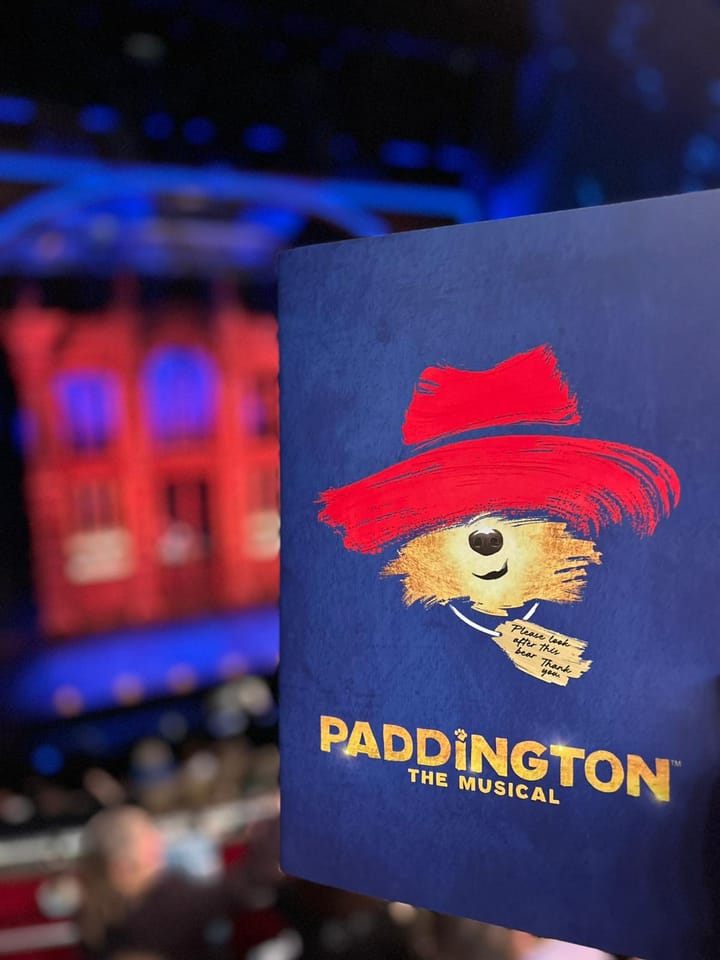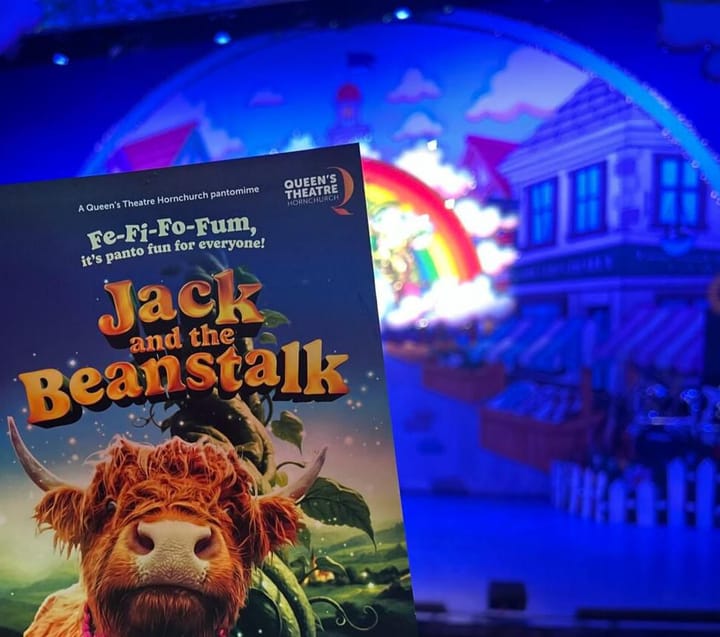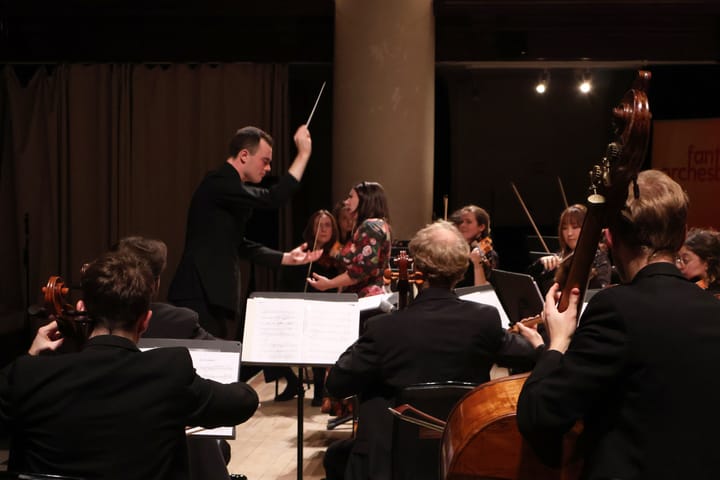Stereophonic West End Review

David Adjmi’s Stereophonic has made a resounding entrance into London’s West End, following its record breaking Broadway run. Set in a 1976 California recording studio, the play offers an intimate portrayal of a fictional rock band on the verge of superstardom. Directed by Daniel Aukin and featuring original music by Will Butler of Arcade Fire, the production immerses audiences in a behind the scenes look at the complex and sometimes tedious process of creating an album under immense pressure.
The Duke of York’s Theatre provides an ideal setting for this production. The set design by David Zinn is crafted to perfection, drawing audiences into the heart of the recording studio. The immersive environment allows viewers to feel as though they are eavesdropping on the band’s creative process, capturing the essence of 1970s rock culture.
The cast delivers compelling performances that breathe life into their complex characters. Lucie Karczewski stands out as Diana, portraying a rising star asserting her independence amidst the chaos. Chris Stack, Andrew R. Butler, and Eli Gelb reprise their roles from Broadway, bringing depth and authenticity to their respective characters. Their chemistry on stage enhances the narrative, making the interpersonal dynamics within the band both believable and engaging. It’s also interesting to watch the relationships break down as the band hit big time and you see all the self sabotage, jealousy and addiction tear through the group that once collectively had the passion and determination to succeed.
Will Butler’s original compositions are a highlight of the production. The music not only complements the storyline but also serves as a character in its own right, reflecting the emotional highs and lows experienced by the band. The live mixing of tracks on stage adds an extra layer of realism, showcasing the intricacies of the recording process.
At approximately three hours, I think this is where the play falls short. While the second half delves deeper into the band’s struggles which is where the grit and the rawness lies, the first half moves at a steady pace feeling prolonged and unnecessarily long at times. Despite this, the emotional payoff at the end makes for a good finish, but the show drags on.
Overall Stereophonic is a captivating exploration of artistic ambition, personal conflict, and the price of fame. Its blend of immersive storytelling, strong performances, and evocative music creates a theatrical experience that resonates long after the curtain falls. While its length may test the patience of some, the production’s overall impact makes it a noteworthy addition to London’s theatre scene.




Comments ()